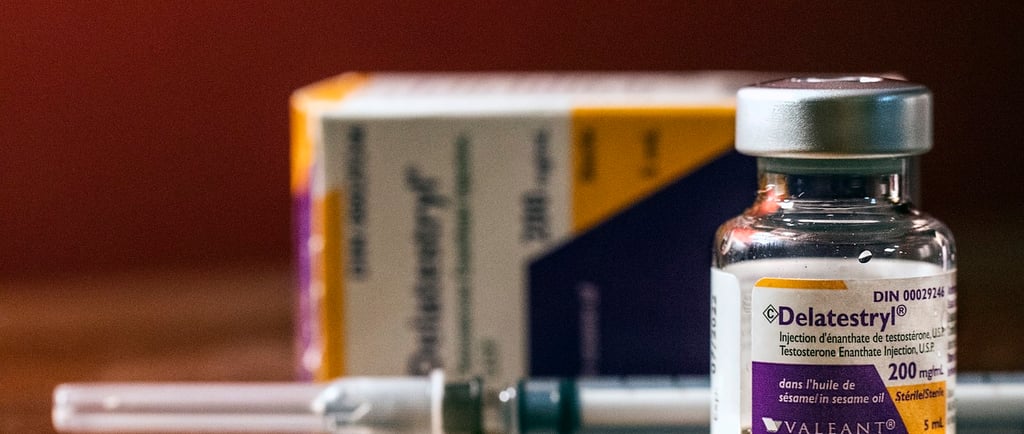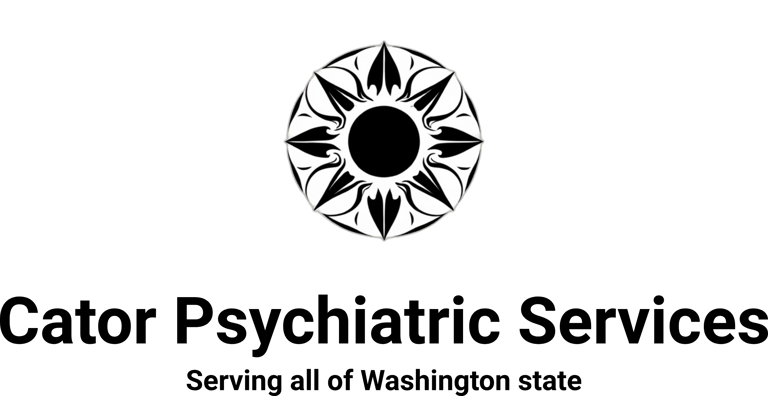Testosterone Replacement Therapy
TRT


What is Testosterone Replacement Therapy (TRT)?
TRT involves the administration of synthetic testosterone or testosterone derivatives to restore normal levels in individuals with hypogonadism or other conditions leading to low testosterone levels. Hypogonadism can be primary (due to problems in the testes) or secondary (due to issues in the hypothalamus or pituitary gland).
What are the Benefits of Testosterone Replacement Therapy?
Improved Sexual Function:
Increased libido and sexual desire.
Enhanced erectile function and performance.
Enhanced Mood and Cognitive Function:
Reduced symptoms of depression and anxiety.
Improved cognitive abilities, including memory and concentration.
Increased Muscle Mass and Strength:
Enhanced muscle growth and strength.
Better physical performance and endurance.
Improved Bone Density:
Increased bone mineral density, reducing the risk of osteoporosis and fractures.
Better Cardiovascular Health:
Potential improvements in lipid profiles, including reduced total cholesterol and triglycerides.
Possible reduction in cardiovascular risk factors (although this is still under investigation and results are mixed).
Increased Energy Levels:
Reduced fatigue and increased overall energy and vitality.
Improved Body Composition:
Reduction in body fat, particularly visceral fat.
Better overall body composition and metabolic health.
Enhanced Quality of Life:
Overall improvement in quality of life, including better physical and mental well-being.
Methods of Administration
Injections: Intramuscular or subcutaneous injections of testosterone esters (e.g., testosterone cypionate, enanthate).
Transdermal: Patches or gels applied to the skin.
Oral: Testosterone undecanoate capsules.
Implants: Pellets inserted under the skin.
Buccal: Tablets or patches applied to the gum or cheek.
Considerations and Risks
While TRT offers numerous benefits, it is essential to consider potential risks and side effects:
Cardiovascular Risks:
Possible increased risk of heart disease and stroke, although evidence is mixed.
Prostate Health:
Potential stimulation of prostate tissue, which could exacerbate benign prostatic hyperplasia (BPH) or increase the risk of prostate cancer.
Erythrocytosis:
Increased red blood cell count, which could lead to blood clots and other complications.
Sleep Apnea:
Possible worsening of sleep apnea symptoms.
Skin Reactions:
Skin irritation at the site of application (for transdermal methods).
Hormonal Imbalances:
Potential suppression of natural testosterone production, affecting fertility
TRT can significantly improve the quality of life for individuals with low testosterone levels by addressing various physical, sexual, and psychological symptoms. However, it is crucial to undertake this therapy under medical supervision to monitor and manage potential risks effectively. Regular follow-ups and blood tests are essential to ensure the therapy's safety and efficacy.
